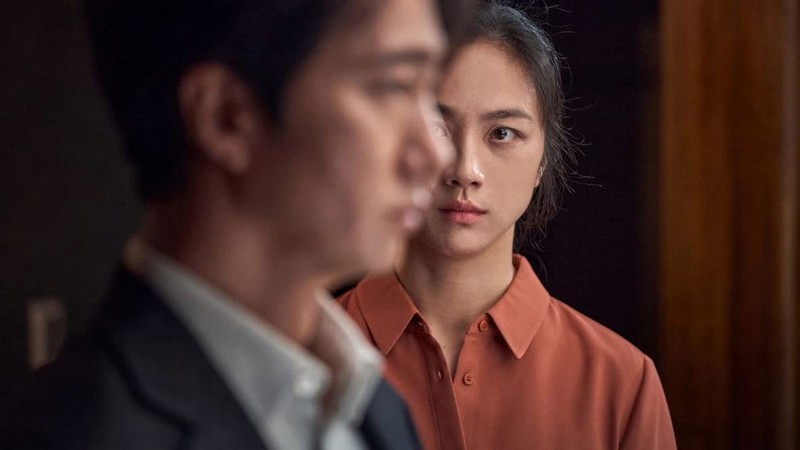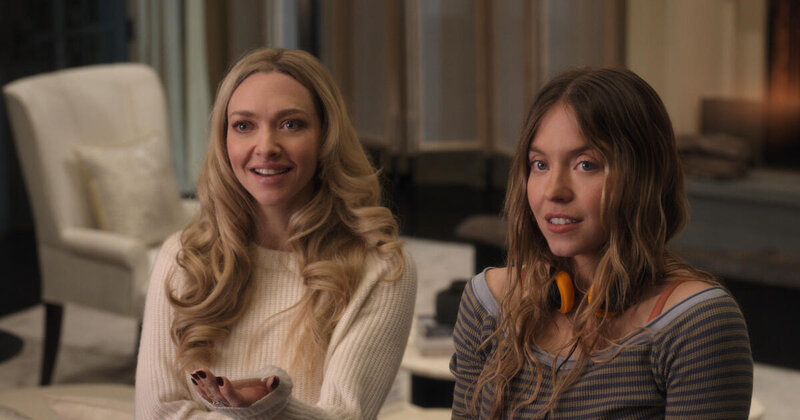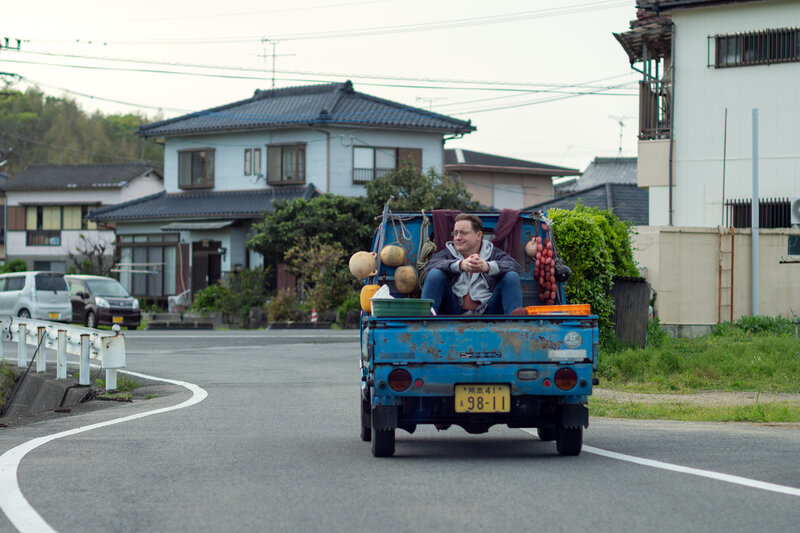In the still-hot realm of Korean cinema, few directors are hotter than Park Chan-wook. The creative force behind Oldboy, The Handmaiden and the miniseries The Little Drummer Girl is back with an intriguing twist on film noir with Decision to Leave. This film owes much to the master of the genre, Alfred Hitchcock, but Park imbues it with a very contemporary feel.
The basic plot – a male cop investigating a crime becomes obsessed with a woman at the centre of that crime – is classic noir. Echoes of films from the genre’s golden age abound. The most obvious starting point is Hitchcock’s Vertigo; which is both directly referenced and provides the film’s narrative architecture. But you can also find touches of Double Indemnity and Rear Window as well as more recent films like Basic Instinct and Insomnia.

Hae-jun (Park Hae-il) is a police detective based in Busan. At the start of the film, he’s tasked with investigating the death of keen climber Ki Do-soo (Yoo Seung-mok) who has fallen from a mountain. While the cause of death is outwardly straightforward, Hae-jun suspects there might be more to it. That suspicion leads him to Ki Do-soo’s widow, Seo-rae (Tang Wei). She’s Chinese-Korean and says her Korean is “insufficient”. Although she seems to have no trouble conversing, she occasionally uses a translation app. As Hae-jun digs into the mysterious death, he finds himself increasing obsessed with the enigmatic Seo-rae. His obsession will lead him to make a critical error of judgment. Remorseful over his lapse, he moves to the small town of Ipo with his wife (Lee Jung-hyun). A year later, he meets Seo-rae again in Ipo. Seo-rae has a new husband (Park Yong-woo), but it won’t be long before the honeymoon is over.
If you love the visual side of cinema, Decision to Leave is a treat. The film sparkles with a display of compelling images and incredible camerawork (thanks in large part to cinematographer Ji-yong Kim). If you get the chance, it bears watching twice, because Park crams a lot of detail into the film that you might miss the first time around. Arms, for example, play a key visual role.
For all its technical prowess though, Decision to Leave doesn’t quite match the very best of Park’s films. The script (by Park and Seo-kyeong Jeong) has a few too many inconsistencies and unanswered questions to be completely satisfying. So while it’ a compelling story of crime and dangerous obsession, it doesn’t reach the heights of say Oldboy.
The cast though deliver consistently excellent performances. Park Hae-il doesn’t try to channel Jimmy Stewart, but gives a compelling read on the deeply conflicted detective. Lee Jung-hyun is suitably understated in the equally understated role of his wife. Go Kyung-Pyo has some nice moments as Hae-jun’s junior detective. But Tang Wei walks away with the film as Seo-rae. She might not be the prototypical femme fatale, but she embodies the character with such mystery, I couldn’t help but be drawn in.
Decision to Leave might not be Park Chan-wook’s greatest work, but let’s face it, that’s a very high bar. This film is still far better than 95% of releases this year. Intelligent, captivating and visually stunning, this is definitely worth your time.
David Edwards
Other reviews you might enjoy:

David Edwards is the former editor of The Blurb and a contributor on film and television





